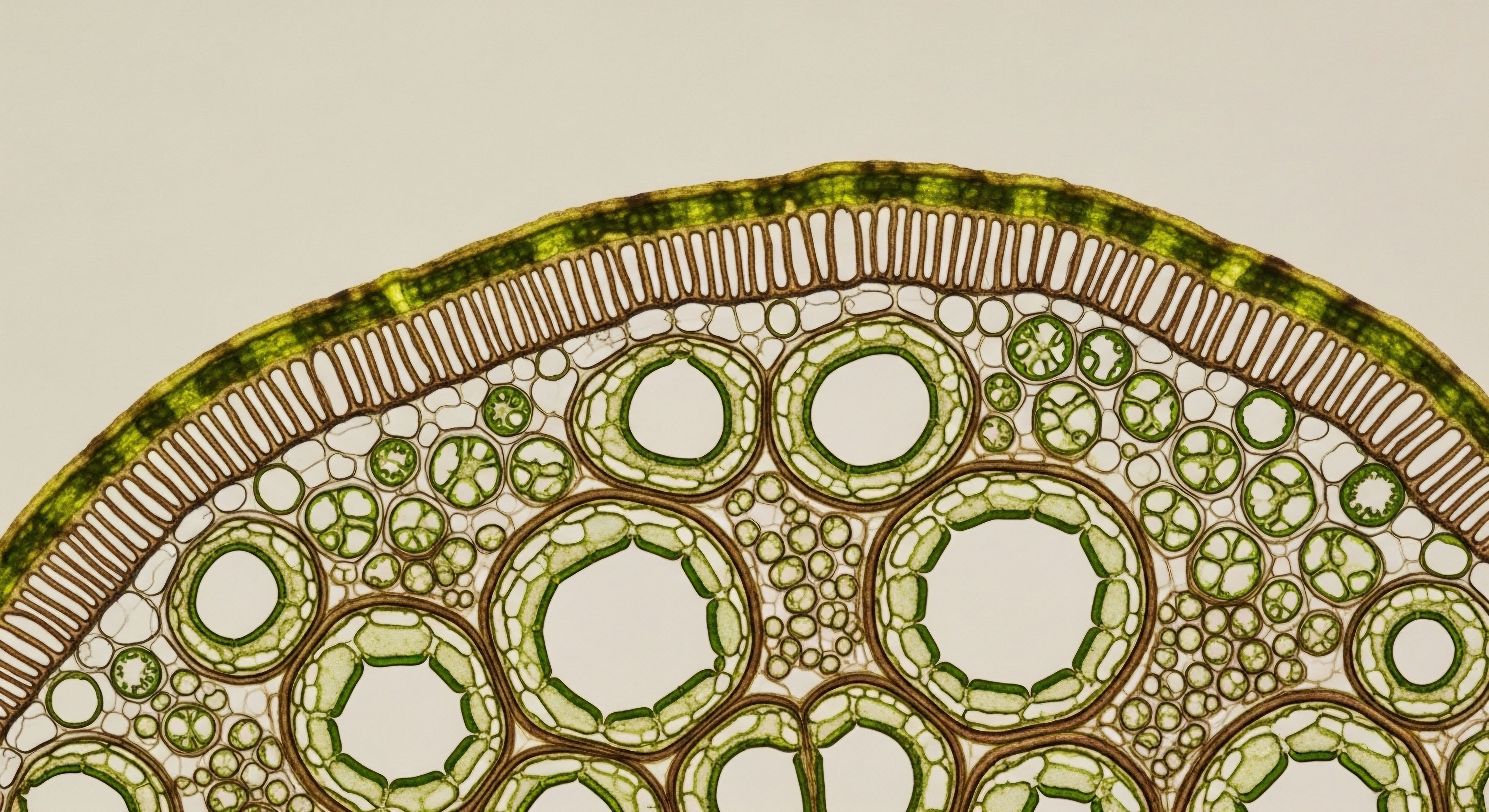Aging Redefined: Command Your Prime Years with Precision Protocols

Unlock your biological source code; command your prime years with data-driven, precision-engineered vitality protocols.
HRTioOctober 4, 2025






